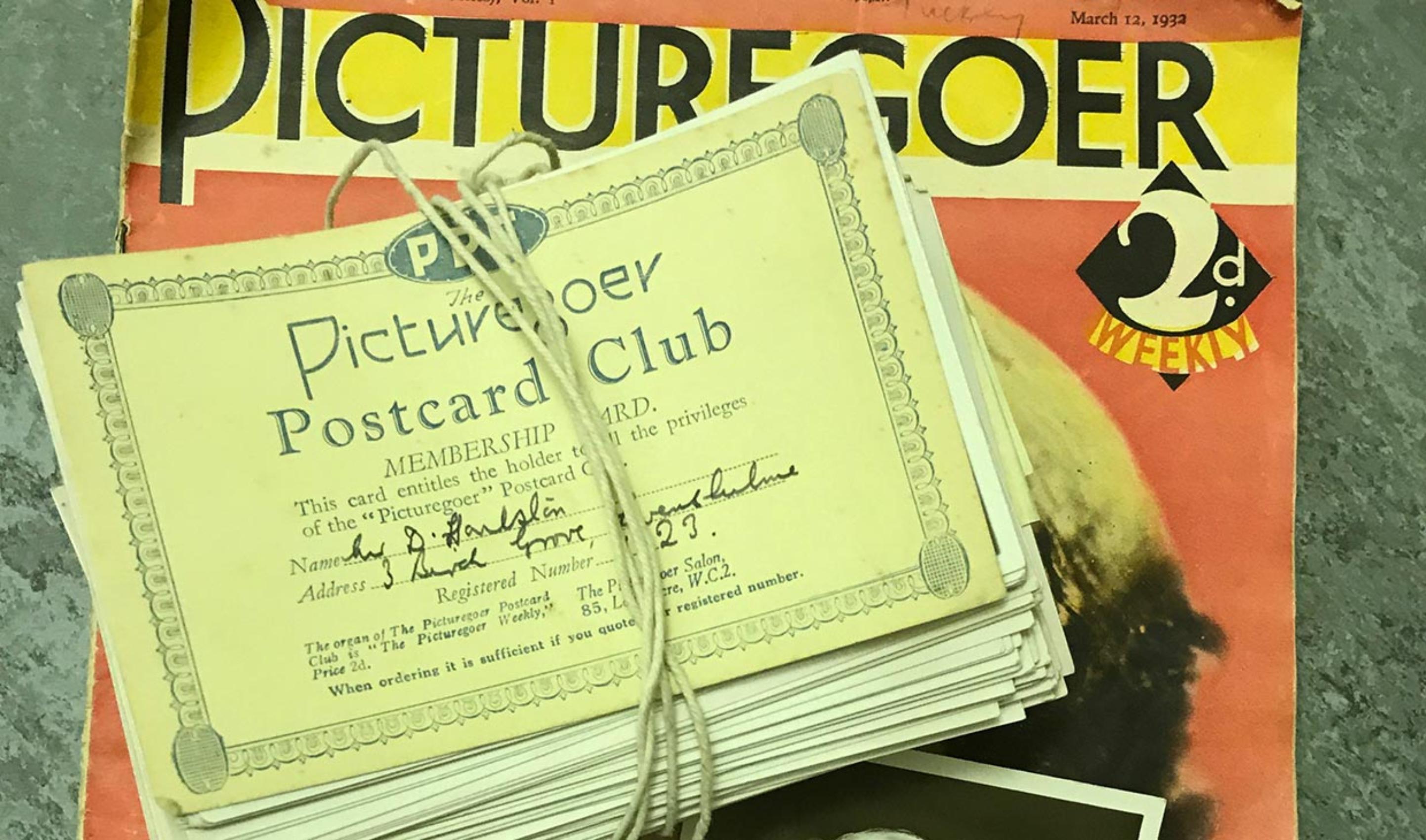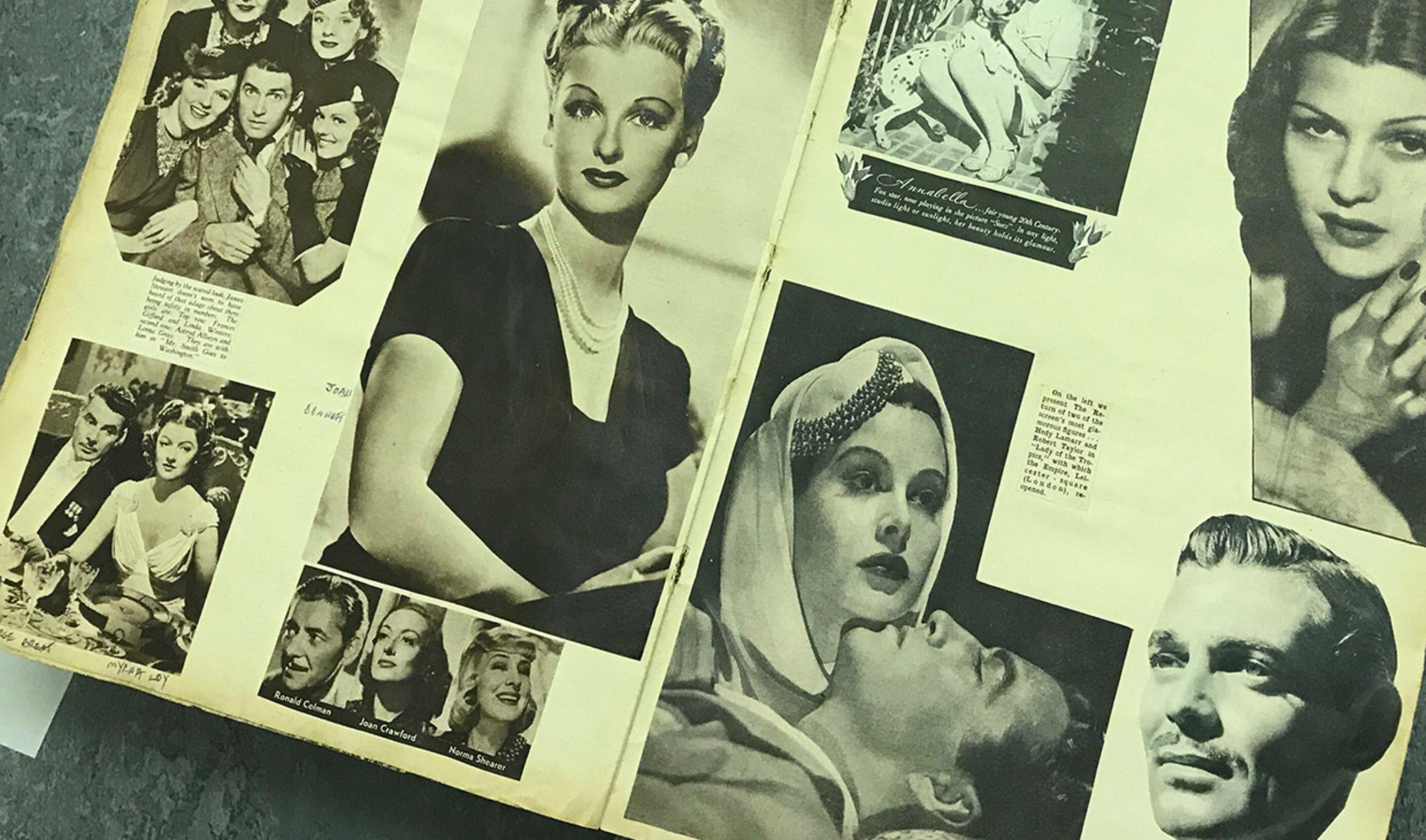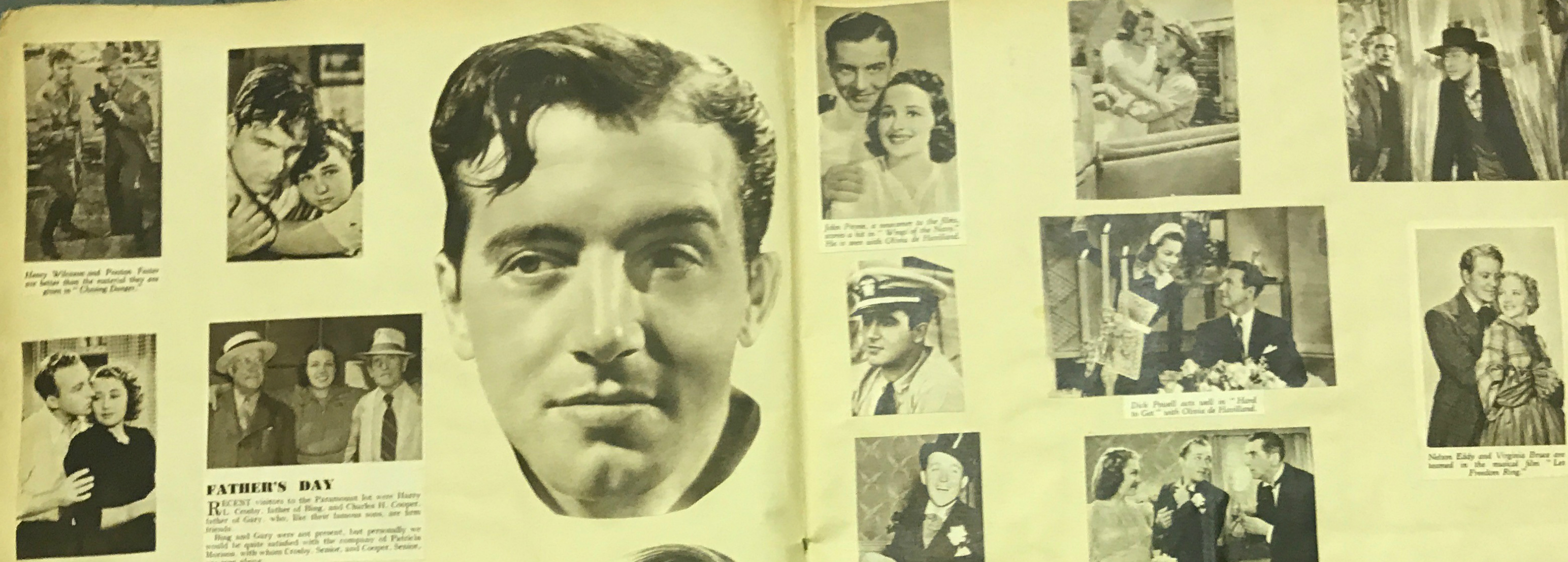University of Stirling academics are collaborating on a major new research project on cinema from the 1930s onwards.
Dr Sarah Neely and Suzy Angus are involved in a £778,000 project, funded by the Arts and Humanities Research Council, which will see the digitisation of a special collection.
‘Cinema Memory and the Digital Archive: 1930s Britain and Beyond’ aims to expand public and academic knowledge and understanding of how audiences relate to and remember the experience of cinema-going.

The project builds on pioneering research into cinema-going and everyday life in the interwar years, conducted in the 1990s by Annette Kuhn, Emeritus Professor in Film Studies at Queen Mary University of London. Professor Kuhn will serve as co-investigator on the new project.
The materials gathered through Professor Kuhn’s original project include letters, essays and written memoires, as well as in-depth interviews with people from around the UK who went to the cinema in the 1930s. The archive also includes rare memorabilia and artefacts from the 1930s, including cinema programmes, posters and magazines.
Collection
Dr Neely, a film history expert and Senior Lecturer in Stirling’s Faculty of Arts and Humanities, said: “The project is an exciting opportunity to work with this significant archive relating cinemagoers from the 1930s.
“We’re looking forward to working with the collection of more than 200 hours of interviews, and collaborating with a number of local cinemas, community groups, writers, artists and archives to share this invaluable collection with new audiences.”
The project team will create a website showcasing a range of historical materials related to cinema-going in Britain. As part of the project, Dr Neely and Ms Angus, an audio practitioner with experience in soundscape design, will create new audio walking tours exploring local cinema histories in Glasgow and Manchester.

The production of a dedicated website and digitisation of the entire collection will mean materials will be available digitally to the general public, as well as academic researchers.
Project lead Dr Richard Rushton, of Lancaster University, said: “The time is ripe to bring this material on 1930s’ cinema-going and cinema memory into conversation with more recent inquiries, by drawing on and developing digital tools now available to scholars in the humanities and social sciences.”
Engagement
The project’s research phase will aim to introduce substantial new findings on the cinema experience and cinema memory, while sharing these insights with the research community via international workshops, conferences, and publications.
Public engagement events are scheduled throughout the project, which starts in June, so findings can be shared with the public. A programme of archive-based activities, including residencies for creative artists, will be launched early-on in the project.

